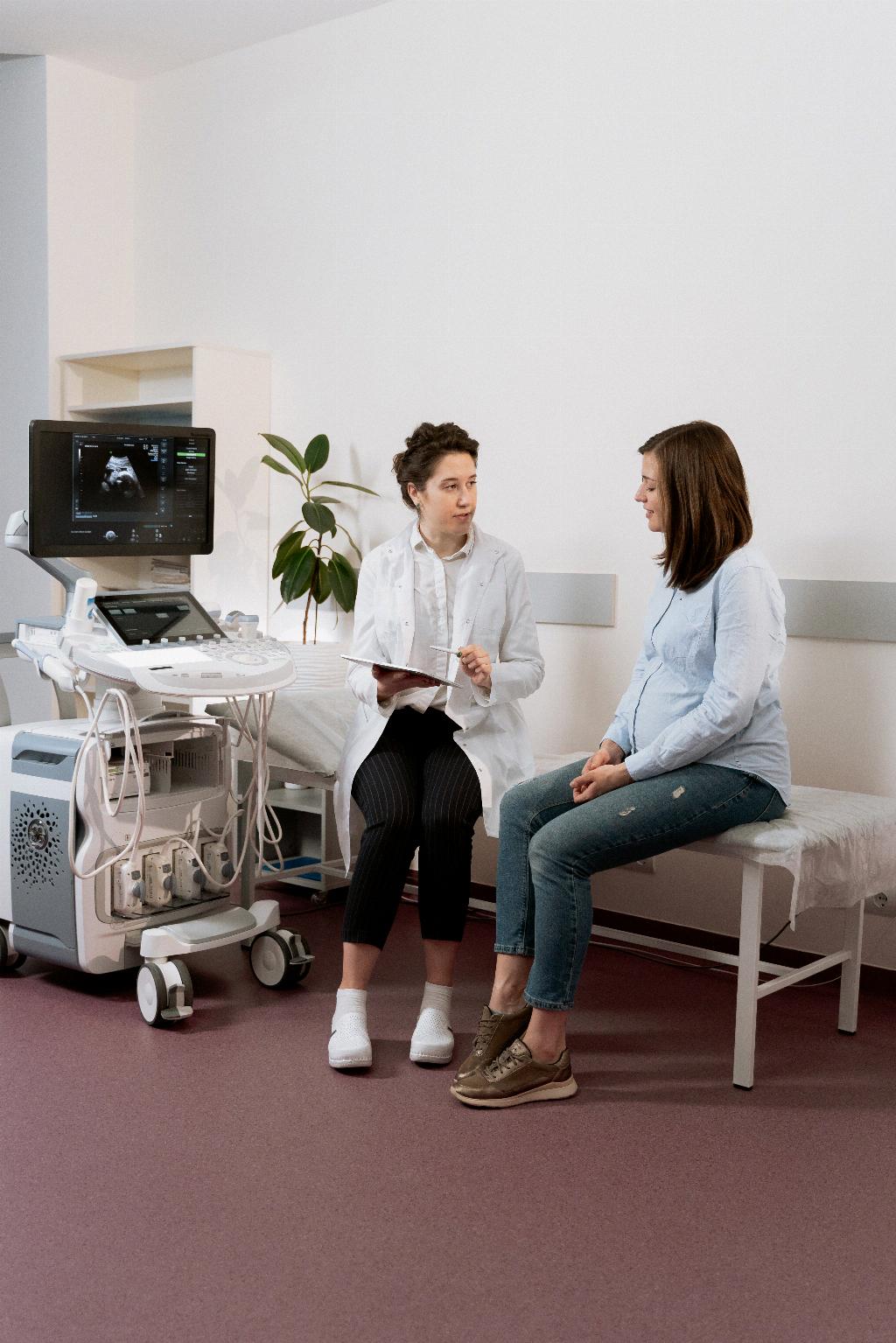Cramping during pregnancy is a common occurrence for many women, often causing concern and worry. It’s important to understand that experiencing some level of cramping can be normal as your body goes through the process of growing a baby.
Types of Cramping to Look Out For
As noted by Dr. Nalla, it is essential to differentiate between different types of cramping during pregnancy. Normal cramping is often mild, intermittent, and feels similar to menstrual cramps. On the other hand, severe cramping that occurs at regular intervals and worsens over time could be a cause for concern.
Signs of Abnormal Cramping
It’s important to pay attention to other symptoms that may accompany cramping during pregnancy. If you experience sharp pain, vaginal bleeding, increased or watery vaginal discharge, or pelvic pressure along with cramping, it is not considered normal and should prompt you to seek medical attention.
When to Consult Your Healthcare Provider
If you are unsure about the intensity or frequency of your cramps, it is always best to consult with your healthcare provider. They can assess your specific situation and provide guidance on whether your symptoms are within the normal range or require further evaluation.
Monitoring Your Symptoms
Keeping track of your symptoms can be helpful in determining when cramping during pregnancy becomes a cause for concern. Note the duration, intensity, and any accompanying signs that may signal a need for medical attention.
Trust Your Instincts
Ultimately, it is essential to trust your instincts when it comes to your body and your pregnancy. If you feel that something is not right or are worried about the cramping you are experiencing, do not hesitate to reach out to your healthcare provider for reassurance and guidance.
Seeking Prompt Medical Attention
If you are experiencing severe cramping, persistent pain, or any other concerning symptoms, do not delay in seeking medical attention. Your healthcare provider can evaluate your condition, rule out any potential complications, and provide appropriate care.
Importance of Open Communication
Open and honest communication with your healthcare provider is key during pregnancy, especially when it comes to concerns about cramping. Be forthcoming about your symptoms, ask any questions you may have, and follow any recommendations or treatment plans provided.
Support System
During times of worry or uncertainty, having a strong support system can make a significant difference. Lean on your partner, family members, friends, or online communities for emotional support and guidance as you navigate any concerns about cramping during pregnancy.
Self-Care and Relaxation
In addition to seeking medical advice, practicing self-care and relaxation techniques can help alleviate stress and anxiety related to cramping during pregnancy. Engage in activities that bring you comfort and tranquility to support your overall well-being.
Conclusion
In conclusion, while cramping during pregnancy is a common occurrence, it is essential to be aware of when it may signal a cause for concern. By understanding the types of cramping to look out for, monitoring your symptoms, and seeking timely medical attention when needed, you can navigate any discomfort or worries with confidence and peace of mind.

